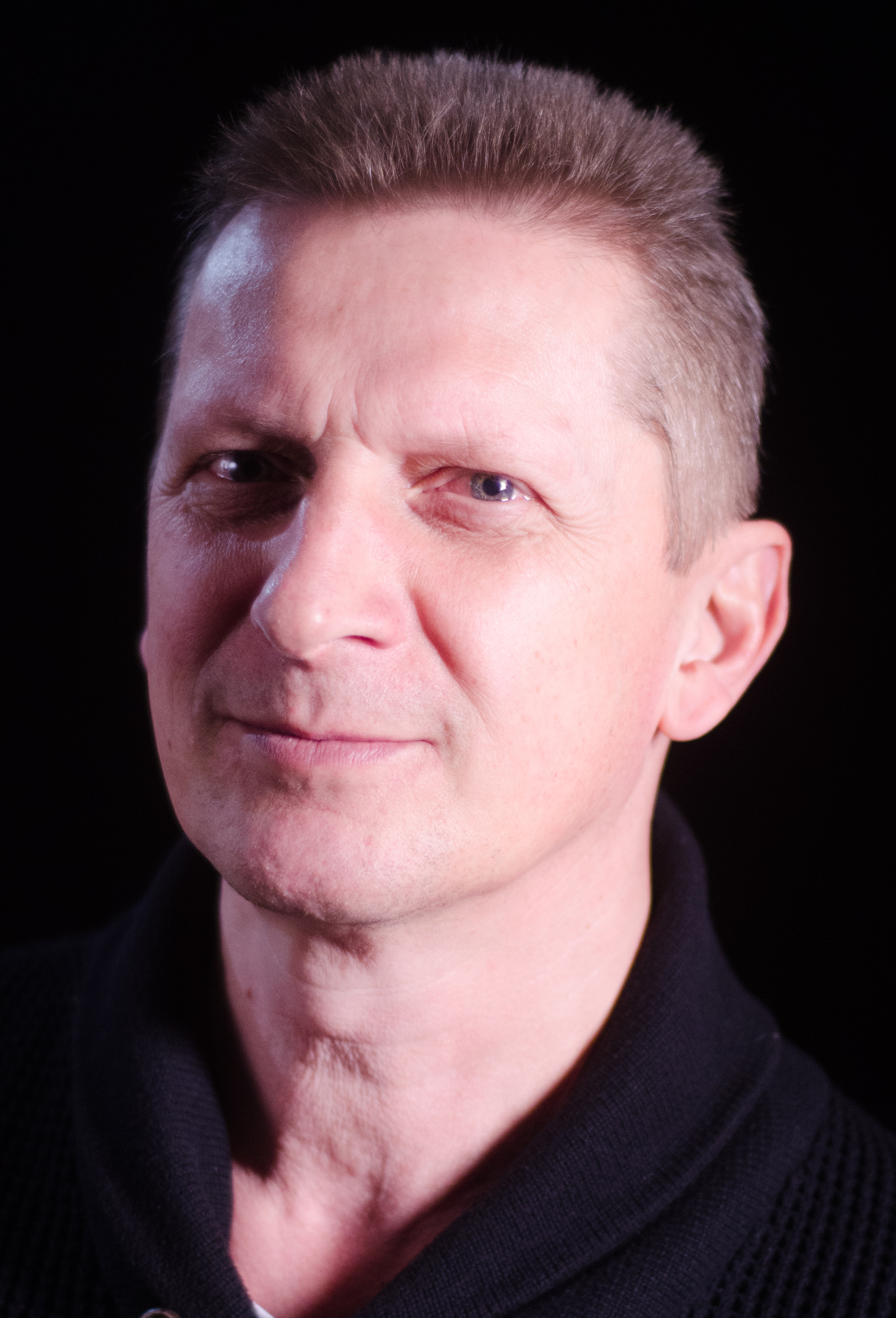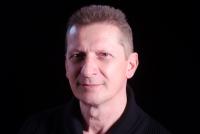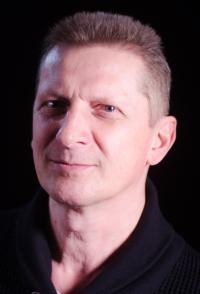Don’t participate in the regime, don’t dirty yourself

Download image
Roman Cajthaml was born in 1962 in Hořovice near Beroun. He grew up in Beroun and at his grandparents’ house in nearby Libečov. His father, a full-time soldier, served in the Czechoslovak People’s Army, and his mother, a civil servant, gradually worked her way up to a post in the People’s Supervisory Committee (one of the highest-ranking governmental institutions - trans.). In 1976 the family moved to Prague. His parents divorced, and Roman saw his father only sporadically. He was an audiophile, and through the sale of vinyl records, which he and his brother got from Great Britain in exchange for Czechoslovak albums, he met Ivan Wünsch, who introduced him to underground culture. His carefree life in the Prague underground scene came to an end when he graduated from a secondary business school. He received a summons to the army. Military service and the bullying it entailed, the inability to decide for yourself, and the enforced participation in the regime meant two years of torment for the young man, “newly introduced to the Gospel, a dandy [the Czechoslovak equivalent of a hippie - trans.] and a pacifist”. Roman decided to avoid the barracks at all cost. He signed up for alternative military service at Českomoravská Kolben-Daněk (ČKD). Despite that, however, as the son of an officer with a reliable family background, he was assigned to a rocket division. From the outset of his posting as the operator of a passive radio locator for weapons of mass destruction, he put himself on sick leave and soon decided to plan an escape. He managed to get out of the Josefov garrison, hitch a ride to Prague, and using his passport, military card, and his contacts with the dissent in Warsaw, he succeeded in travelling out of the country to Poland. He hid in Warsaw with the help of the Committee for the Protection of Workers (KOR). He refused the offer of a representative of the Federal Republic of Germany to be expatriated beyond the Iron Curtain. Despite being warned against it, he contacted his brother via telegram to agree a meeting. The message was intercepted by State Security, and Roman was arrested at the rendezvous point. In the end, he got off relatively lightly with a two-year prison sentence, which he served in Bělušice near Most. After his release he was under probational surveillance by State Security for another three years. Until November 1989 he was only allowed to do “the usual dissident jobs”, such as in geodetics, or as a boilerman or window cleaner.

